125 Top Alan Alda Quotes
Alan Alda is an American actor, director, writer, and comedian, best known for playing ‘Hawkeye Pierce’ in TV series ‘M A S H’ (1972-83). His other appearances came in TV shows, such as ‘ER,’ ‘The West Wing,’ ’30 Rock,’ and ‘The Blacklist.’ He is a recipient of six ‘Golden Globe Awards’ and ‘Emmy Awards.’ Alan has appeared in films, such as ‘Paper Lion’ (1968), ‘Same Time, Next Year’ (1978), ‘The Four Seasons’ (1981), ‘Crimes and Misdemeanors’ (1989), ‘The Aviator’ (2004), and ‘The Longest Ride’ (2015).
He was nominated for the ‘Academy Award for Best Supporting Actor’ for ‘The Aviator.’ Alan is also actively involved in charity work. We have curated a few of his quotes from his films, TV series, and interviews on topics, such as life, courage, creativity, self-doubt, beauty, and wisdom.
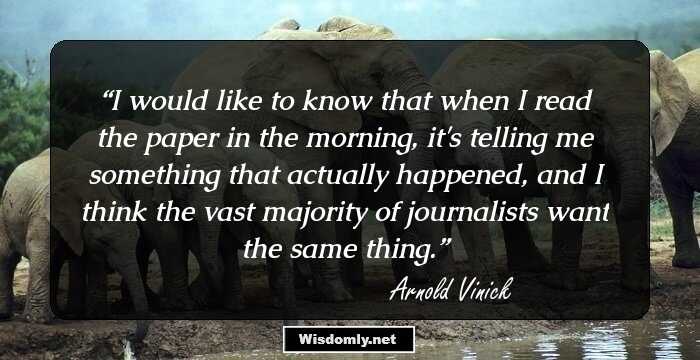
I would like to know that when I read the paper in the morning, it's telling me something that actually happened, and I think the vast majority of journalists want the same thing.
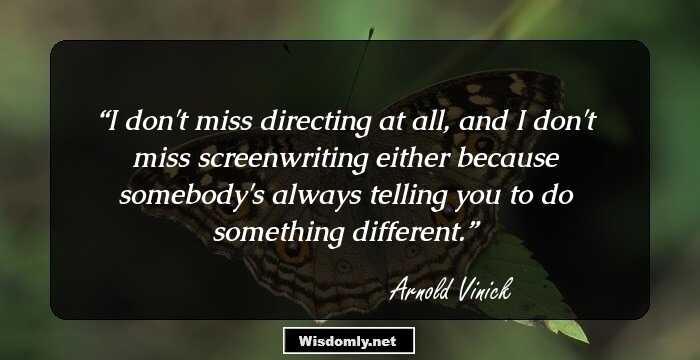
I don't miss directing at all, and I don't miss screenwriting either because somebody's always telling you to do something different.
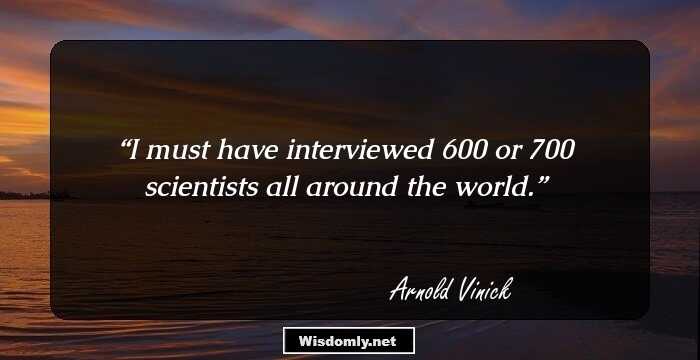
I must have interviewed 600 or 700 scientists all around the world.
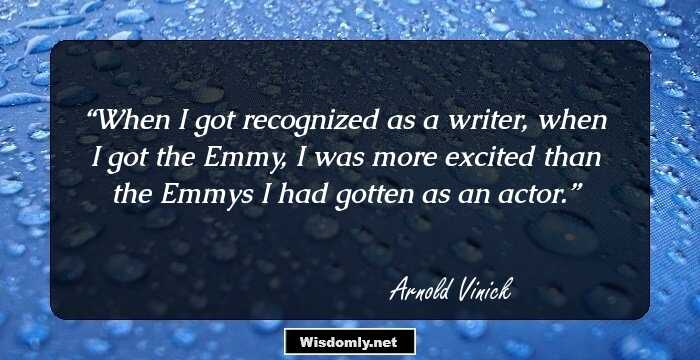
When I got recognized as a writer, when I got the Emmy, I was more excited than the Emmys I had gotten as an actor.
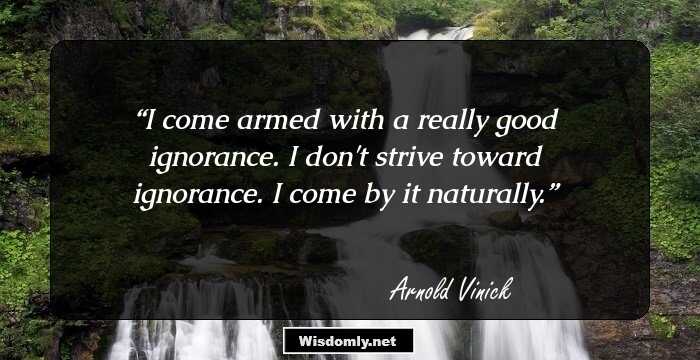
I come armed with a really good ignorance. I don't strive toward ignorance. I come by it naturally.
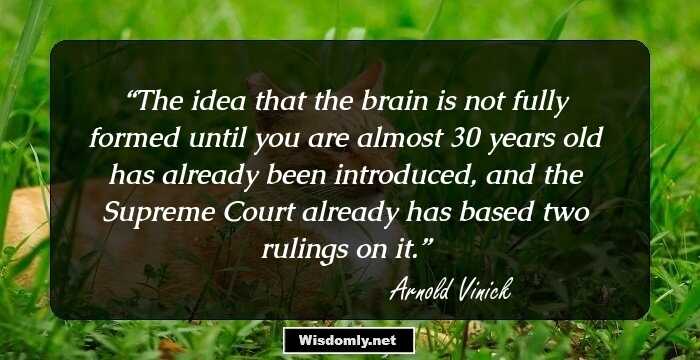
The idea that the brain is not fully formed until you are almost 30 years old has already been introduced, and the Supreme Court already has based two rulings on it.
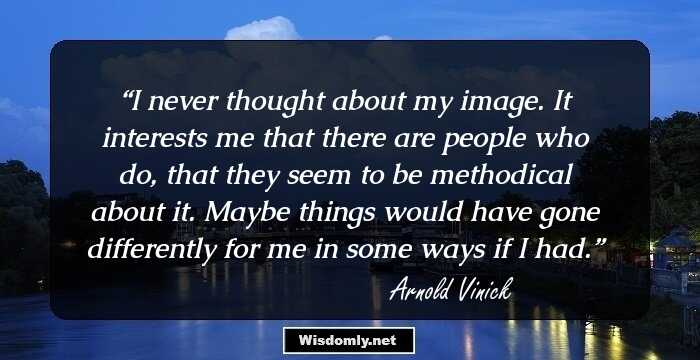
I never thought about my image. It interests me that there are people who do, that they seem to be methodical about it. Maybe things would have gone differently for me in some ways if I had.
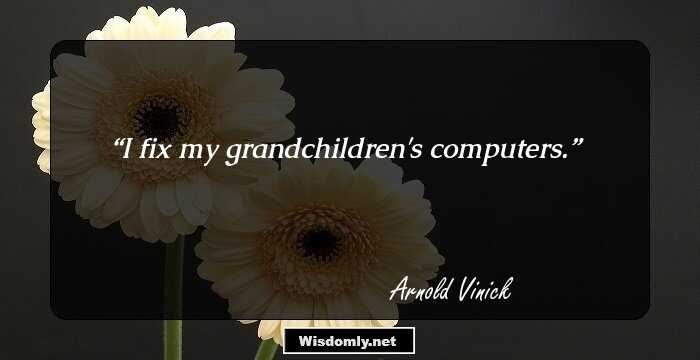
I fix my grandchildren's computers.
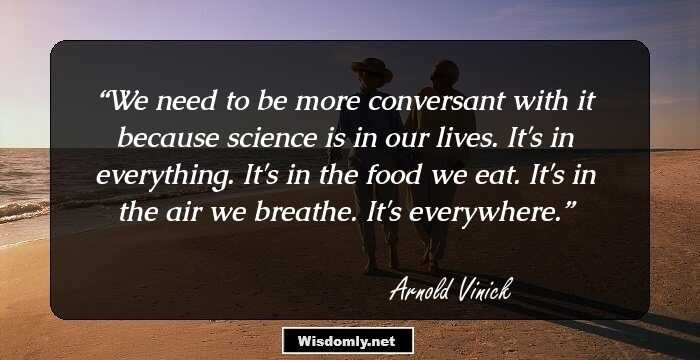
We need to be more conversant with it because science is in our lives. It's in everything. It's in the food we eat. It's in the air we breathe. It's everywhere.
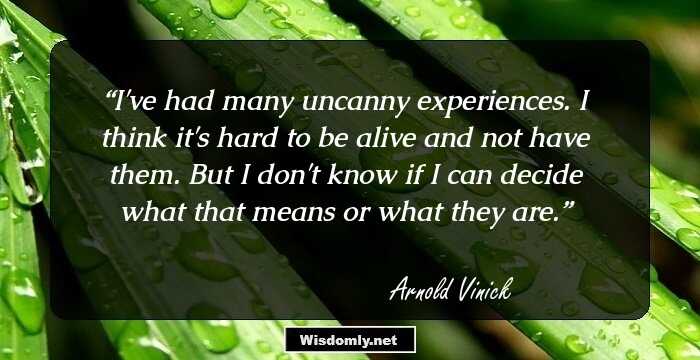
I've had many uncanny experiences. I think it's hard to be alive and not have them. But I don't know if I can decide what that means or what they are.
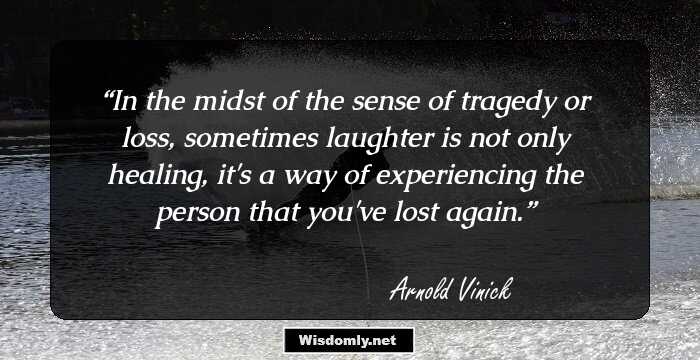
In the midst of the sense of tragedy or loss, sometimes laughter is not only healing, it's a way of experiencing the person that you've lost again.
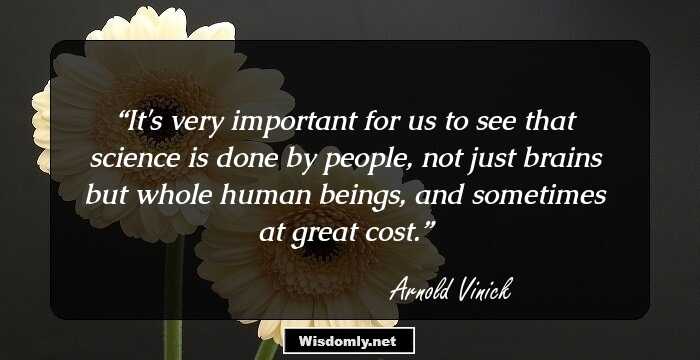
It's very important for us to see that science is done by people, not just brains but whole human beings, and sometimes at great cost.
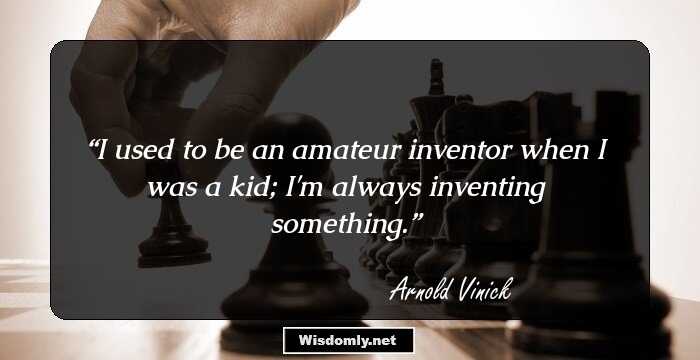
I used to be an amateur inventor when I was a kid; I'm always inventing something.
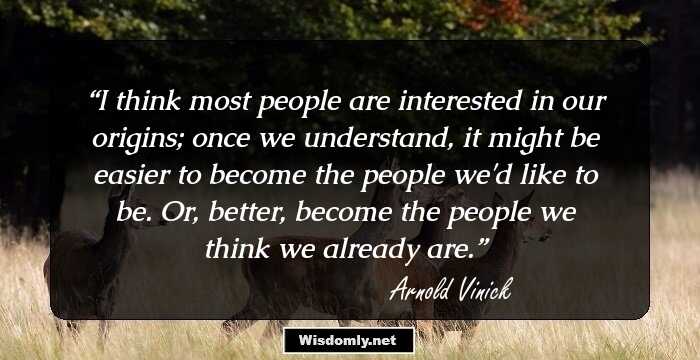
I think most people are interested in our origins; once we understand, it might be easier to become the people we'd like to be. Or, better, become the people we think we already are.
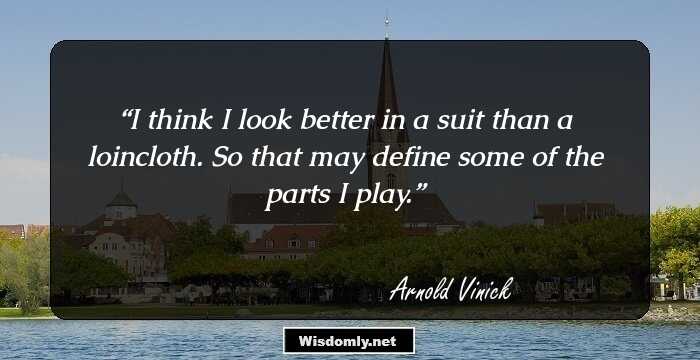
I think I look better in a suit than a loincloth. So that may define some of the parts I play.
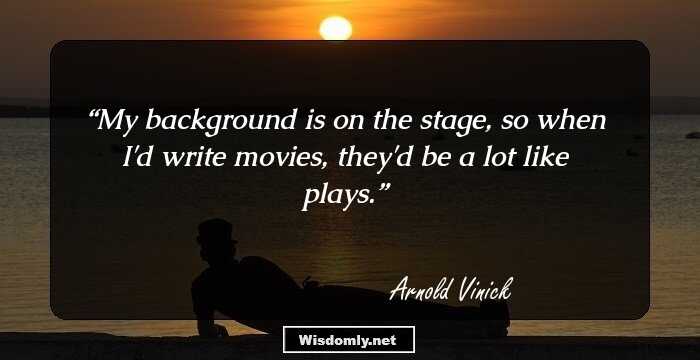
My background is on the stage, so when I'd write movies, they'd be a lot like plays.
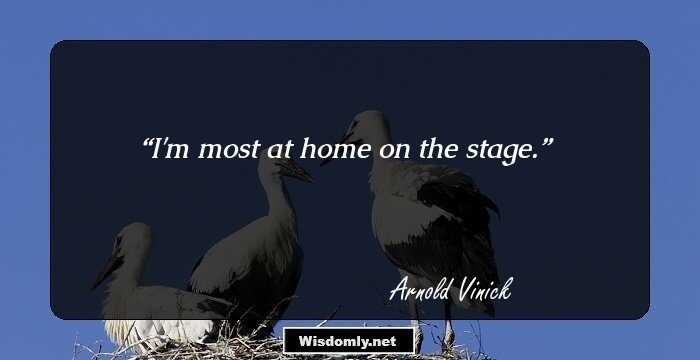
I'm most at home on the stage.
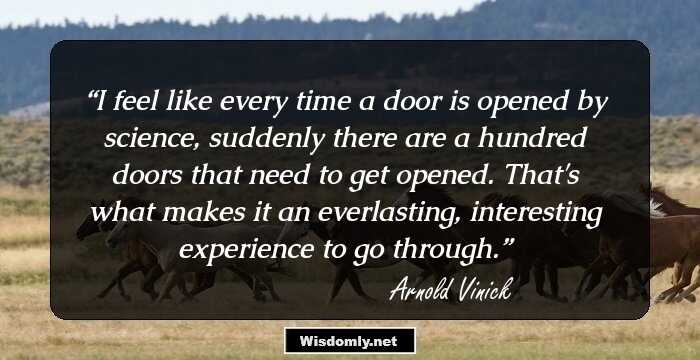
I feel like every time a door is opened by science, suddenly there are a hundred doors that need to get opened. That's what makes it an everlasting, interesting experience to go through.
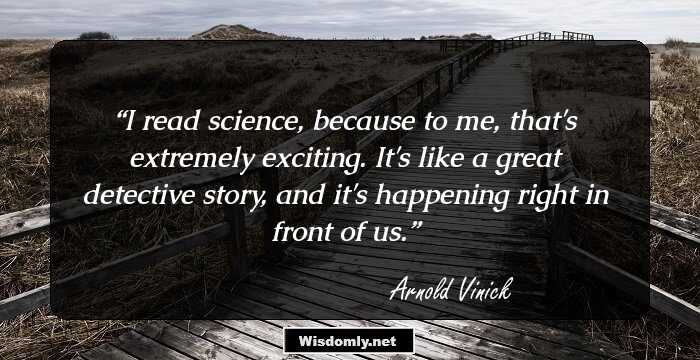
I read science, because to me, that's extremely exciting. It's like a great detective story, and it's happening right in front of us.
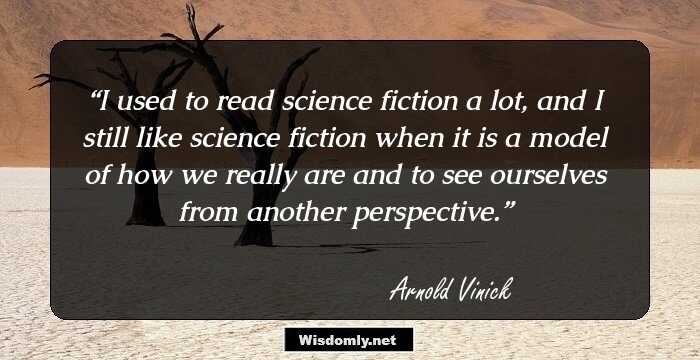
I used to read science fiction a lot, and I still like science fiction when it is a model of how we really are and to see ourselves from another perspective.
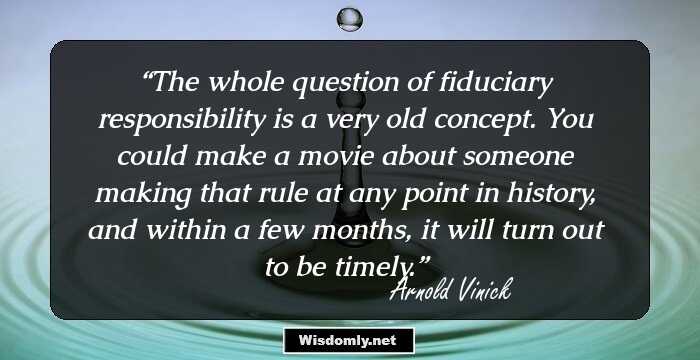
The whole question of fiduciary responsibility is a very old concept. You could make a movie about someone making that rule at any point in history, and within a few months, it will turn out to be timely.
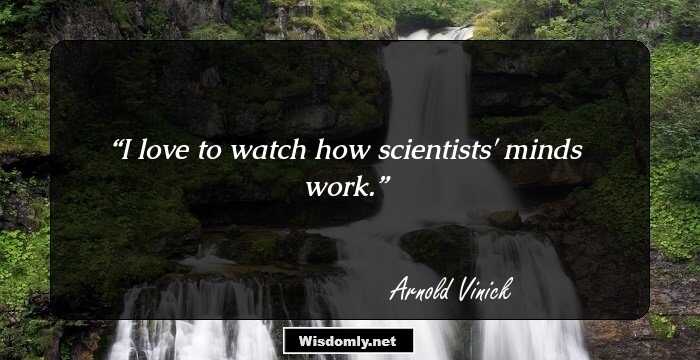
I love to watch how scientists' minds work.
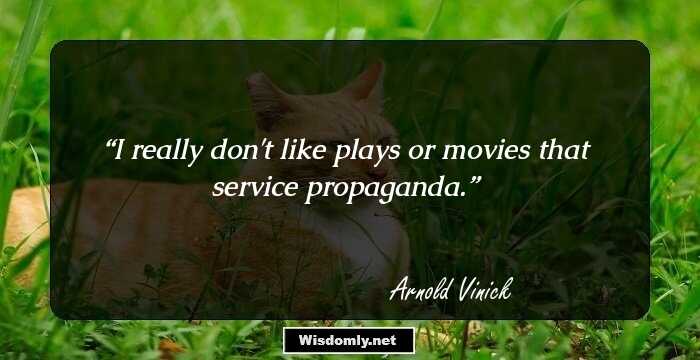
I really don't like plays or movies that service propaganda.
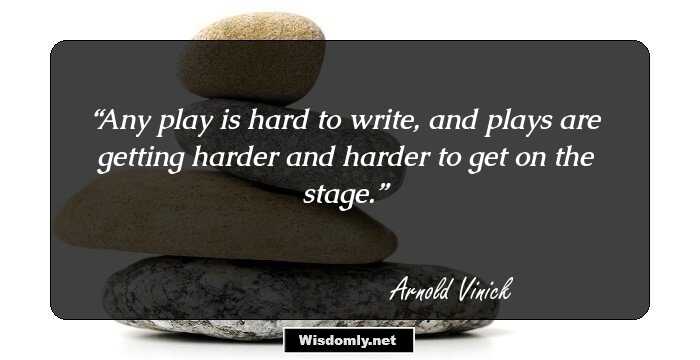
Any play is hard to write, and plays are getting harder and harder to get on the stage.
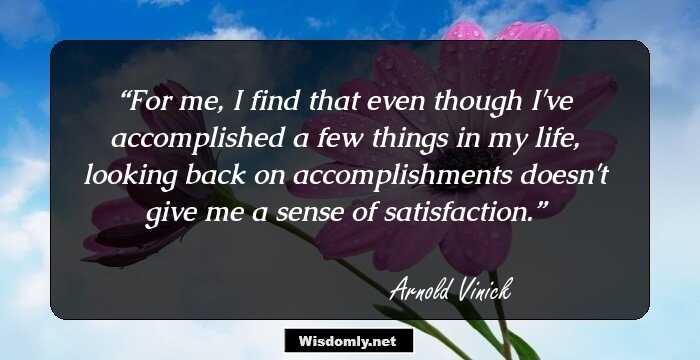
For me, I find that even though I've accomplished a few things in my life, looking back on accomplishments doesn't give me a sense of satisfaction.
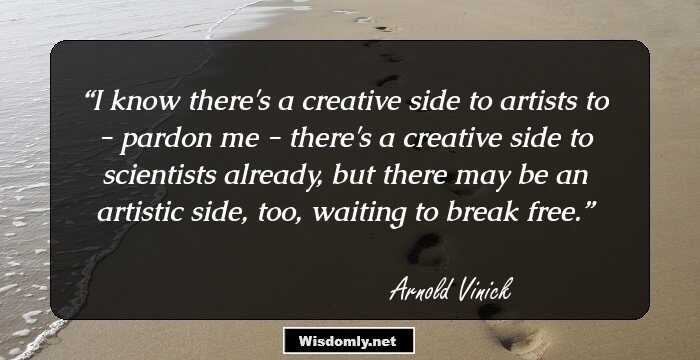
I know there's a creative side to artists to - pardon me - there's a creative side to scientists already, but there may be an artistic side, too, waiting to break free.
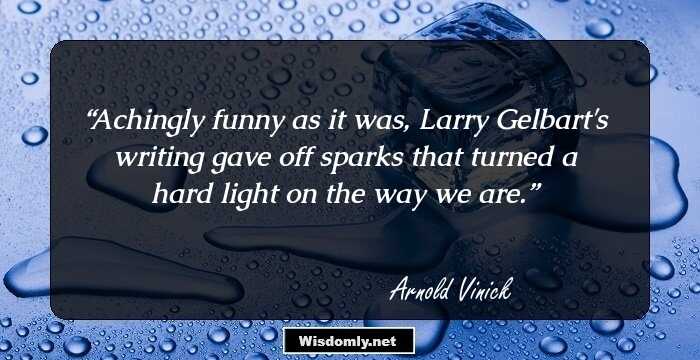
Achingly funny as it was, Larry Gelbart's writing gave off sparks that turned a hard light on the way we are.
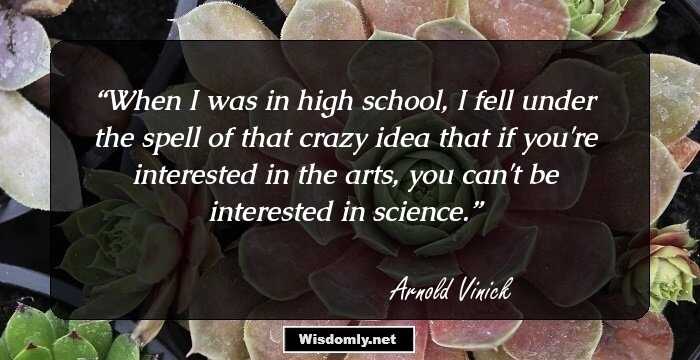
When I was in high school, I fell under the spell of that crazy idea that if you're interested in the arts, you can't be interested in science.
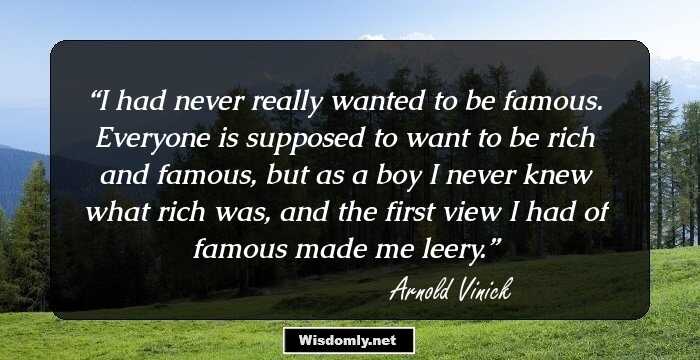
I had never really wanted to be famous. Everyone is supposed to want to be rich and famous, but as a boy I never knew what rich was, and the first view I had of famous made me leery.
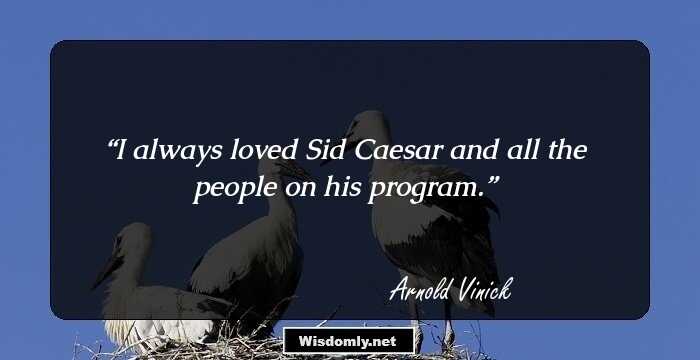
I always loved Sid Caesar and all the people on his program.










